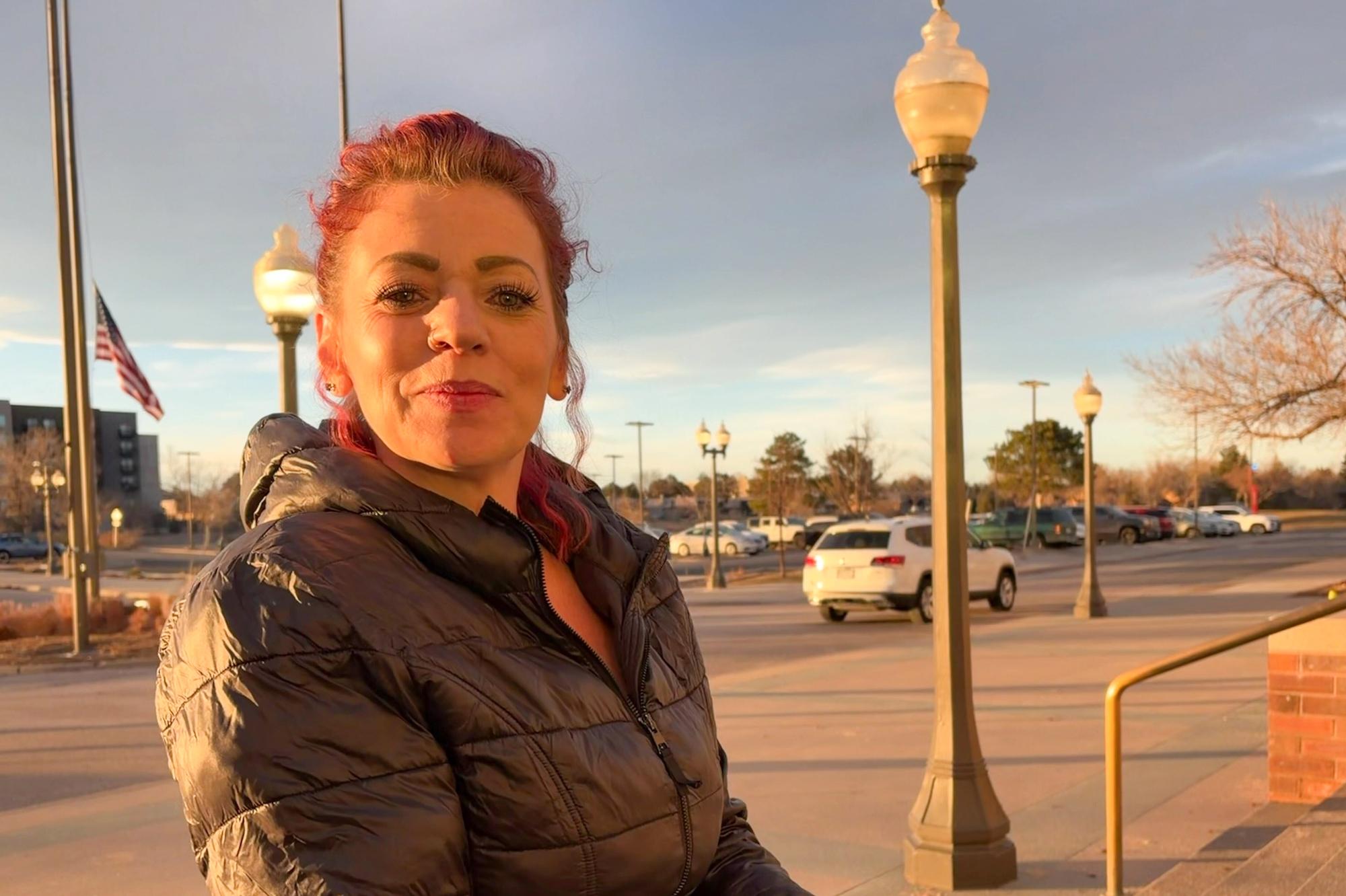Colorado may be forced to change its campaign finance laws... in the wake of a ruling by the 10th Circuit Court of Appeals yesterday. CPR's Megan Verlee reports.
Read the ruling in Sampson v. Buescher (opens as a PDF)
_____________
The case decided yesterday was about campaign spending, but not the kind of spending that broke records this fall. We’re talking $782.02. That’s what Karen Sampson and her neighbors in the subdivision of Parker North spent trying to fight annexation by the city of Parker in 2006.
After receiving a campaign finance complaint, they registered with the state and tried to submit the required disclosures. But Sampson says the whole process was too complex for her little group of volunteers.
SAMPSON: "You ask the Secretary of State, "Well, what does this mean, this particular rule?" or "How are we supposed to do this?" or "Are we supposed to do this?" and 9 times out of 10 they didn’t have an answer other than, 'well you need to talk to a lawyer.' We didn’t think we should have to hire a lawyer to be able to speak out for or against annexation of our neighborhood."
Annexation opponents did end up getting a lawyer -- to challenge Colorado’s campaign finance laws.
SAMPSON: "Our First Amendment right is supposed to be able to speak our opinion on various political issues. And Colorado law, the way it's written, supresses that."
Yesterday the Appeals Court vindicated that anger. The judges ruled that Colorado’s disclosure requirement, which is triggered as soon as a campaign raises or spends more than $200, is set too low and is a burden for small groups. In their opinion, the judges wrote, "the governmental interest in imposing those regulations is minimal, if not nonexistent, in light of the small size of the contributions."
SIMPSON: "They simply said, wherever the line is, you know, the state has crossed it here."
Steve Simpson is with the Institute for Justice, the Libertarian legal group representing Sampson’s case. He argues the reasons for requiring campaign finance disclosure are totally different for candidates versus ballot issues. Politicians’ decisions in office might be influenced by their donors, so the public has a right to know who gives money. Not so with ballot issues.
SIMPSON: "Who spends money on a ballot issues ultimately doesn’t say more about a ballot issue than what a person can glean by either reading the ballot issue itself or understanding ... what the results of the law may be."
The Appeals Court agreed with that logic, but limited their ruling to very small campaigns on single ballot issues.
Even with those restrictions, Democratic state Senator Morgan Carroll worries Tuesday’s ruling could end up being a major headache for the state legislature. After all, the court struck down the $200 limit in this case, but judges refused to say what amount they think should trigger campaign disclosures.
CARROLL: "What they’ve invited is just a pure guessing game. Are we talking $500? Are we talking a $1000? Do they want to see $10,000? And this kind of trial and error guessing between the legislature, the ballot, and the courts, is extremely ambiguous and, frankly, very costly."
Denver campaign finance lawyer Mark Grueskin isn’t too worried about this ruling . He doesn’t think it opens the door to unlimited, undisclosed spending on ballot issues.
GRUESKIN: "It will rewrite the rules for the relatively insignificant ballot measure campaigns, those that happen in small towns. But it hasn’t changed the rules that apply to major campaigns."
Colorado could appeal this case to the Supreme Court, but it’s unclear if the state will. Democratic Secretary of State Bernie Buescher was pursuing this issue and he lost the election last week to Republican Scott Gessler. Gessler hasn’t said what he’ll do with the case. The legislature could try to pass a new disclosure threshold, but Republicans haven’t traditionally supported such measures and they now control the House.
Whatever course the state takes, back in unincorporated Douglas County, Karen Sampson celebrated last night.
SAMPSON: "One thing I was thinking I’d like to do is send a note out to all of my neighbors in Parker North and say, 'If anything comes up again, you are now free to speak!'"
Sampson says she’s avoided political causes since the annexation fight that started this whole case. Now, she’s considering getting involved again.









